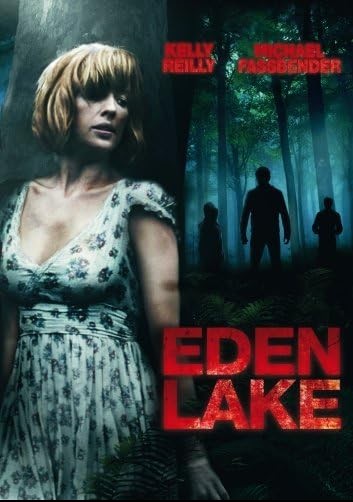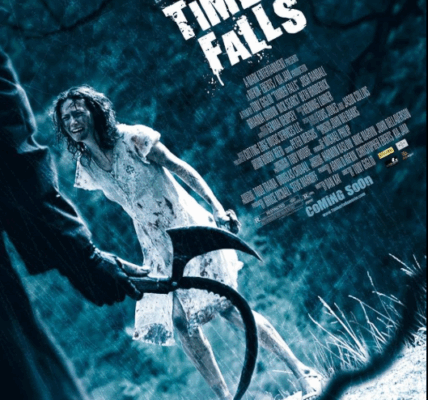1. Plot Summary (spoiler-light)
Jenny, a nursery school teacher, and her boyfriend Steve plan a romantic weekend away at a remote lake in the English countryside.
What starts as a peaceful retreat quickly goes wrong. A noisy gang of local teenagers nearby — with loud music, a dog, boisterous behavior — begins to irritate them. What seems like harmless trouble escalates: food contaminated, car tires slashed, belongings stolen, confrontation happens, and eventually it becomes a game of survival.< /p>
Jenny ends up having to flee, hide, evade, and confront not just the physical threat, but the moral and emotional collapse invoked by the situation. The film’s tension builds as the stakes rise: the couple are isolated, trapped, and subjected to increasingly brutal violence.
The ending is bleak and leaves a strong emotional impact — much of the horror is in how things spiral and how ordinary people respond (or fail to respond) under extreme pressure.
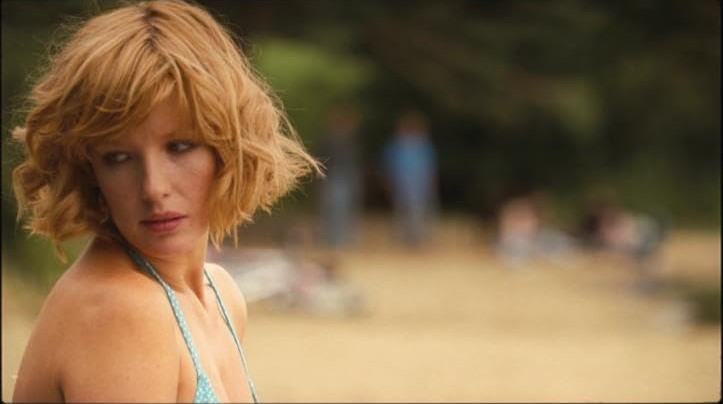
2. Notable Elements
a. Atmosphere and setting
The film uses the rural lakeside and woods to great effect. What looks serene becomes menacing — isolated, with poor cell service or help far away. The quietness is used strategically, so when disturbance happens, it hits all the harder.
b. Realism and moral ambiguity
This isn’t monster horror; it’s human-on-human, and the antagonists are kids/teenagers, not supernatural beasts. Their cruelty seems both spontaneous and learned, their group dynamics matter (peer pressure, rivalries). This makes the threat feel more disturbing because it’s possible.
c. Performance
Kelly Reilly and Michael Fassbender carry the vulnerability and desperation well. Jack O’Connell as Brett (the leader of the youths) is suitably menacing. Some of the younger actors are frighteningly believable, especially in scenes where the gang’s cruelty increases.
d. Pacing and tension
At about 90 minutes, the film wastes little time—what starts calm slowly ratchets up. Tension builds from annoyance → confrontation → survival. There are moments of horror, chase, violence, psychological dread. The quieter moments aren’t wasted; they make the violent ones sting more.
e. The ending / what it implies
The conclusion is not a neat resolution. There’s moral weight and ambiguity, especially around culpability (of both youth and adult). The final scenes are upsetting in how they confront consequences beyond just the immediate violence. Many critics praised how it stays “relentlessly upsetting.”
3. Themes & Messages
- Violence and social breakdown: The film reflects on anti-social behaviour, youth delinquency, and how these are not just isolated incidents, but linked to parenting, social neglect, class divides.
- “Broken Britain” & mistrust: It taps into fears about modern British society — alienation, loss of trust, fear of the “other”, and moral panic around “hoodies” / youth gangs.
- Survival and desperation: When rules break down, what do normal people do? How far will someone go when their life is threatened, and what moral compromises are made under duress?
- Complicity and accountability: The ending suggests that not just the youths, but the adults (parents, society that raised them) share blame. It’s not just a horror show — it’s a commentary.
- Power dynamics in groups: The film shows how a few aggressive individuals can dominate, manipulate others, how peer pressure works, and how cruelty can escalate.
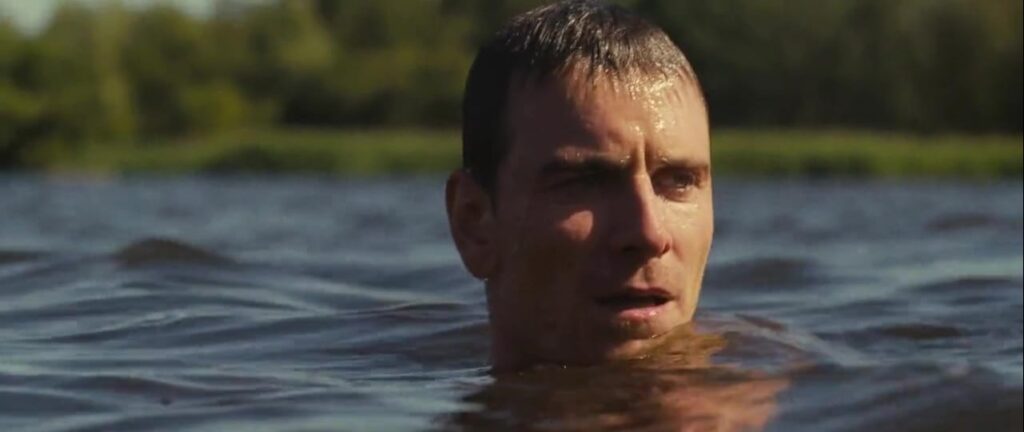
4. Personal Impressions
Strengths:
- Eden Lake is powerful in what it aims for. It doesn’t sugar-coat violence; the tension feels earned.
- The setting is well used. That contrast between beauty (lake, woods) and horror intensifies the dread.
- The realism: not just in acting, but in how the situation unravels. The powerlessness, bad decisions, unpredictability — these make it stay with you after watching.
- It’s emotionally impactful. You feel sympathy, anger, frustration, dread.
Weaknesses:
- Some character decisions feel frustratingly irrational — moments where you think “why didn’t she just do this” or “why didn’t they call for help sooner.” This is common in horror, but in a film that tries for realism, it sometimes strains. Some critics have called these “plot conveniences”.
- The film is very dark, not just in tone but in moral/psychic weight. If you prefer horror with a lighter touch or some hope, this might be too grim.
- Because it leans so hard into bleakness, some viewers feel it crosses into pessimism to the point of becoming uncomfortable beyond catharsis.
5. Audience Recommendations
You’ll probably enjoy Eden Lake if you like:
- Horror / thriller films rooted in realism rather than supernatural elements.
- Movies that explore societal fears (youth violence, breakdown of trust, class tension).
- Films that aren’t afraid to be upsetting, morally ambiguous, and emotionally heavy.
- Survival horror where the protagonist is trapped and must fight or run.
If instead you prefer horror that provides comfort, clearer moral lines, or lighter scares, this probably isn’t the film for you.
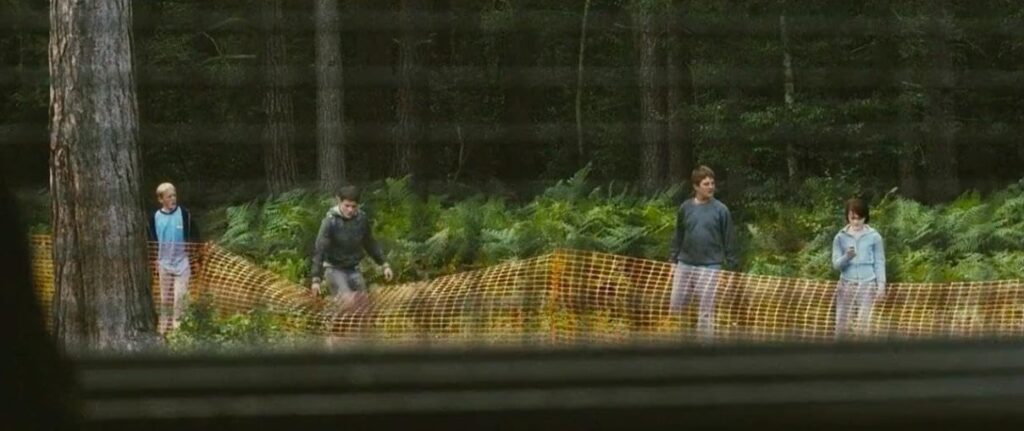
6. Conclusions and Rating
Final Thoughts:
Eden Lake is harrowing. It uses its setting, its antagonist group, and its escalating violence to explore fears many people have about safety, about society decaying, and about what happens when people stop caring. It’s not a “fun scare” movie; its purpose is more to unnerve and disturb than to entertain. In that, it succeeds extremely well — it leaves a sting.
Rating: ★★★★☆ (4.0 / 5)
